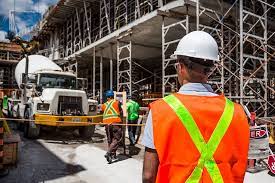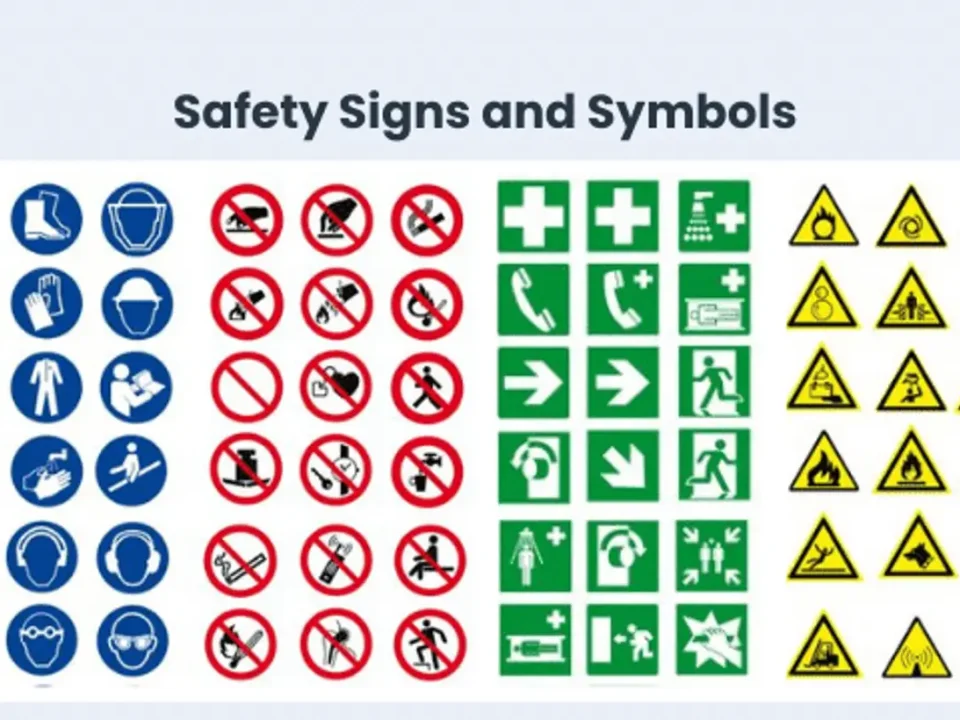Material Handling Audit Including crane, Forklift, Hydra

Residual Life Assessment for Electrical Equipment: Ensuring Safety and Reliability
October 28, 2024
Exothermic Reaction Hazards
November 7, 2024Material Handling Audits
Material handling audits are essential for ensuring the safety and efficiency of operations involving cranes, forklifts, and Hydra machines. These audits help identify potential hazards, assess the condition of equipment, and evaluate the effectiveness of safety protocols. By conducting thorough material handling audits, organizations can prevent accidents, reduce downtime, and improve overall productivity.
Ensuring Process Safety
In industrial operations, Process Safety Management (PSM) is paramount for controlling the risks associated with hazardous materials and processes. Effective PSM systems incorporate hazard identification, risk assessment, and the implementation of control measures to prevent accidents. The Safety Master emphasizes a proactive approach to PSM, ensuring that all potential risks are addressed before they can result in incidents. This approach not only enhances safety but also supports regulatory compliance and operational excellence.
Comprehensive Fire Audits
The Safety Master provides comprehensive fire audits to assess the fire safety measures in place within a facility. These audits involve a detailed examination of fire prevention, detection, and suppression systems, as well as emergency response procedures. By conducting regular fire audits, organizations can identify potential fire hazards, ensure compliance with fire safety regulations, and enhance their overall fire safety preparedness.
Systematic Fire Risk Assessment
Fire Risk Assessment is a systematic process of identifying, evaluating, and mitigating fire hazards within a facility. This involves assessing the likelihood of fire incidents, identifying vulnerable areas, and implementing appropriate control measures. Conducting fire risk assessments helps organizations prioritize fire safety initiatives, allocate resources effectively, and reduce the potential impact of fire-related incidents.
Essential Safety Training
Process Safety Management Training offered by The Safety Master equips employees with the necessary skills and knowledge to manage hazardous materials and processes safely. This training includes understanding the principles of PSM, identifying potential hazards, implementing effective safety protocols, and responding appropriately in emergency situations. Investing in such training ensures that employees are competent in maintaining a safe working environment, thus reducing the risk of accidents and enhancing the organization’s safety culture.
Conclusion
Material handling audits, process safety management, fire audits, fire risk assessments, and process safety management training are all crucial components of a comprehensive safety strategy. These measures help organizations identify and mitigate potential hazards, ensure compliance with safety regulations, and create a safer working environment for employees.
Material handling audits, when conducted by The Safety Master, offer an in-depth analysis of the operational safety involving cranes, forklifts, and Hydra machines. These audits scrutinize various aspects including the physical condition of equipment, the training and practices of operators, and the adherence to safety protocols. By identifying potential hazards, recommending necessary repairs or maintenance, and suggesting improvements in operational procedures, these audits help organizations avoid accidents, minimize downtime, and boost productivity.
In industrial operations, Process Safety Management (PSM) is paramount for controlling the risks associated with hazardous materials and processes. Effective PSM systems incorporate hazard identification, risk assessment, and the implementation of control measures to prevent accidents. The Safety Master emphasizes a proactive approach to PSM, ensuring that all potential risks are addressed before they can result in incidents. This approach not only enhances safety but also supports regulatory compliance and operational excellence.
The Safety Master’s fire audits are designed to evaluate and improve the fire safety standards of any facility. These audits cover a comprehensive review of fire prevention measures, detection systems, and suppression techniques, along with emergency response planning. Regular fire audits help organizations stay compliant with fire safety regulations, identify and rectify potential fire hazards, and ensure that emergency systems are effective and up to date. This thorough evaluation is crucial for preventing fire incidents and protecting lives and property.
Fire Risk Assessment is another critical service provided by The Safety Master. This process involves a detailed analysis of potential fire hazards within a facility, evaluating the likelihood and potential impact of fire events. The assessment includes identifying vulnerable areas, evaluating current fire protection measures, and recommending improvements. By conducting fire risk assessments, organizations can better allocate resources to fire safety initiatives, prioritize risk mitigation efforts, and enhance their overall preparedness for fire emergencies.
Process Safety Management Training offered by The Safety Master equips employees with the necessary skills and knowledge to manage hazardous materials and processes safely. This training includes understanding the principles of PSM, identifying potential hazards, implementing effective safety protocols, and responding appropriately in emergency situations. Investing in such training ensures that employees are competent in maintaining a safe working environment, thus reducing the risk of accidents and enhancing the organization’s safety culture.
In summary, The Safety Master’s comprehensive approach to material handling audits, Process Safety Management, fire audits, Fire Risk Assessments, and Process Safety Management Training forms the backbone of an effective safety strategy. These services are designed to identify and mitigate risks, ensure regulatory compliance, and foster a culture of safety within organizations. By prioritizing these safety measures, companies can protect their workforce, maintain operational efficiency, and achieve long-term success.




